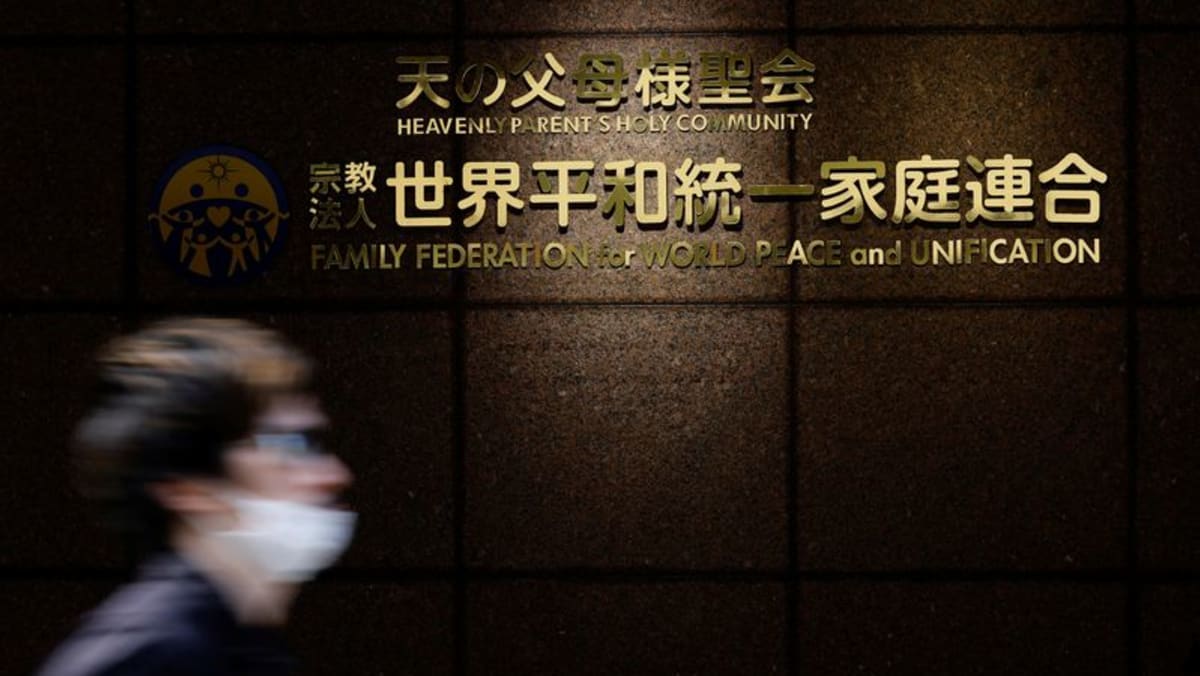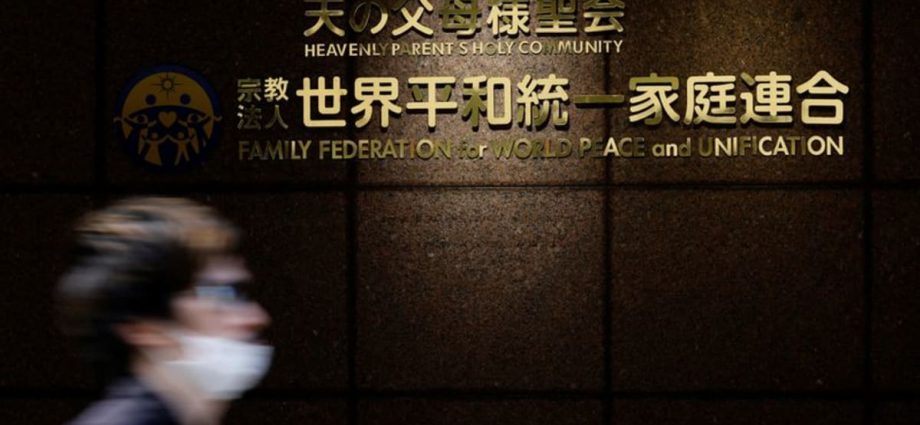
POLITICAL CRISIS
Prime Minister Fumio Kishida’s emphatic win in July’s upper house elections – days after Abe’s shooting – was supposed to tighten his grip on the LDP, still dominated by the ex-premier’s supporters.
Instead, revelations over LDP links to the church and his decision to grant Abe, Japan’s longest-serving post war leader, a rare state funeral have triggered a crisis. An opinion poll published by Japan’s biggest daily, the Yomiuri, on Sep 5 showed that more than half of respondents opposed the funeral honours.
Five of the former followers interviewed by Reuters said the church directed its members to vote for LDP lawmakers who opposed lesbian, gay, bisexual and transgender rights and promoted traditional family values in line with church doctrine.
“Church leaders tell members at gatherings or through online messengers to vote for LDP candidates,” said one second-generation member. The 20-something office worker asked not to be identified because of parents – who were married at a mass church ceremony – remain senior members.
The church says that it is does not give political guidance to members, which is done instead by the UPF.
Three current members interviewed by Reuters at its headquarters in Tokyo said that they were encouraged to vote in the upper house election for an LDP candidate, Yoshiyuki Inoue, a former political affairs secretary to Abe. Two of them said they did so.
Contacted by Reuters, Inoue’s office acknowledged that Unification Church members had supported him but denied the LDP had worked on his behalf to get that help.
Because of the proportional representation system used in upper house elections – whereby voters can cast their ballot for a candidate anywhere in Japan – targeted church votes can make a difference in tight races.
Kishida attempted to draw a line under the scandal with a cabinet reshuffle on Aug 10 that purged senior figures with links to the church, including former trade and industry minister Koichi Hagiuda, a member of Abe’s faction.
At a news conference the same day, Tomihiro Tanaka, the head of the Unification Church in Japan, said a push by Kishida to sever ties with the church would be unfortunate.
Despite Kishida’s effort to turn the page, a poll by the left-leaning Mainichi Shimbun daily on Aug 22 showed that support for the government had fallen by 16 points from a month earlier to 36 per cent.
In a news conference on Aug 31, the prime minister went further, apologising for the LDP’s ties to the church and promising to tackle them.
Yet Unification Church-connected lawmakers remain in Kishida’s administration, some in his cabinet and dozens more as junior ministers. Any attempt by the prime minister at a deeper purge would risk upsetting a delicate political balance within the fractious LDP, political analysts say.
“He doesn’t really want any more dirt to be revealed,” said Koichi Nakano, a political science professor at Sophia University in Tokyo. “(Kishida) is trying to sort of lead people to think that what was in the past is in the past. The problem is it’s in the present.”

